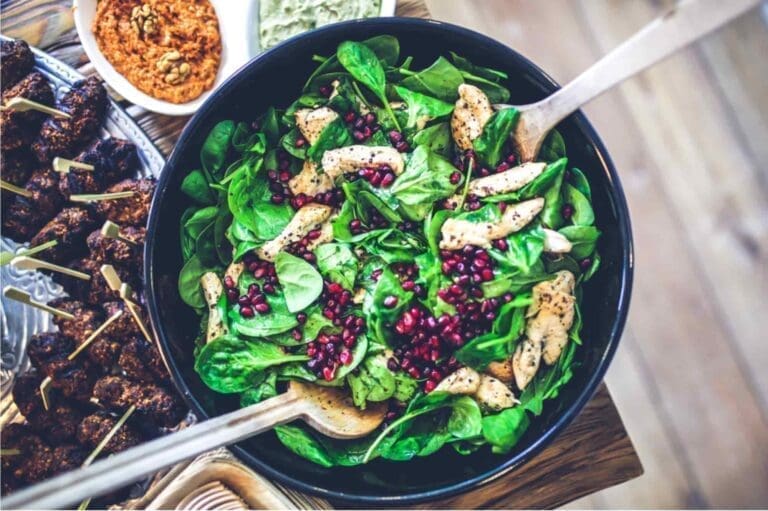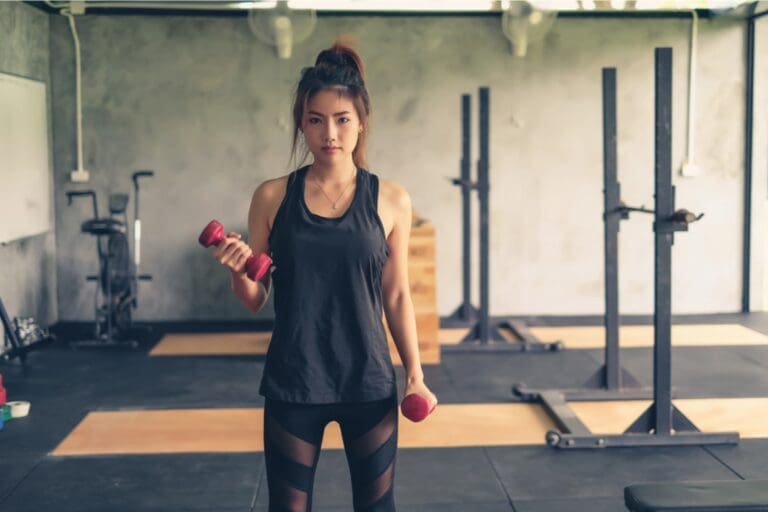Achieving fitness goals requires more than just a consistent exercise routine; nutrition plays a crucial role in fueling your body, aiding recovery, and optimizing performance. Understanding the connection between diet and fitness can help you make informed choices to reach your goals more effectively.
Macronutrients: The Building Blocks
- Proteins: Essential for muscle repair and growth, proteins are the building blocks of your muscles. Incorporating high-quality protein sources such as lean meats, dairy, eggs, legumes, and plant-based proteins is crucial for anyone engaged in regular physical activity.
- Carbohydrates: Carbs are the body’s primary source of energy. Complex carbohydrates like whole grains, fruits, and vegetables provide sustained energy for workouts and daily activities. Avoiding processed carbs and sugars can help maintain stable energy levels and support overall health.
- Fats: Healthy fats are vital for hormone production and overall well-being. Sources like avocados, nuts, seeds, and olive oil can help keep you feeling satisfied and support your fitness efforts. Balancing intake of saturated and unsaturated fats is important for heart health.
Micronutrients: The Unsung Heroes
- Vitamins and Minerals: These are essential for energy production, muscle contraction, and overall health. Nutrients like calcium, magnesium, potassium, and vitamins D and B are particularly important for active individuals. A balanced diet rich in fruits, vegetables, and whole foods typically provides the necessary micronutrients.
Hydration: The Overlooked Essential
Staying hydrated is critical for optimal performance and recovery. Dehydration can lead to decreased strength, endurance, and cognitive function. Aim to drink at least 8-10 glasses of water a day, more if you are engaging in intense exercise or live in a hot climate.
Meal Timing and Fitness
- Pre-Workout Nutrition: Consuming a balanced meal or snack with carbs and proteins 1-2 hours before exercising can provide the energy needed for a productive workout. Examples include a banana with peanut butter or a smoothie with fruit and protein powder.
- Post-Workout Nutrition: Eating within 30-60 minutes after a workout helps replenish glycogen stores and repair muscles. A combination of protein and carbs, such as a chicken sandwich or yogurt with fruit, is ideal.
Special Diets and Fitness Goals
- Weight Loss: Focus on a calorie deficit by consuming fewer calories than you burn. Prioritize nutrient-dense foods to ensure you’re getting essential vitamins and minerals while reducing calorie intake.
- Muscle Gain: To build muscle, you need a calorie surplus. Increase your intake of proteins and healthy fats while maintaining a balanced diet. Consistency in both diet and exercise is key to seeing results.
- Endurance Training: For endurance athletes, a diet rich in complex carbohydrates is essential to maintain energy levels during long training sessions. Incorporating electrolytes through food or drinks can also help prevent dehydration.
The Importance of Personalization
Everyone’s nutritional needs are different, and what works for one person may not work for another. Consulting with a nutritionist or personal trainer can help tailor a diet plan to your specific goals and needs. Personal training appointments can be booked through hollyroser.com to get personalized guidance.
Understanding the role of nutrition in fitness can significantly enhance your results. By making informed dietary choices and staying consistent with your eating habits, you can achieve your fitness goals more effectively and sustainably.
Sources:
- Academy of Nutrition and Dietetics: Fueling Your Workout.
- Harvard Health: Nutrition and Muscle Building.






